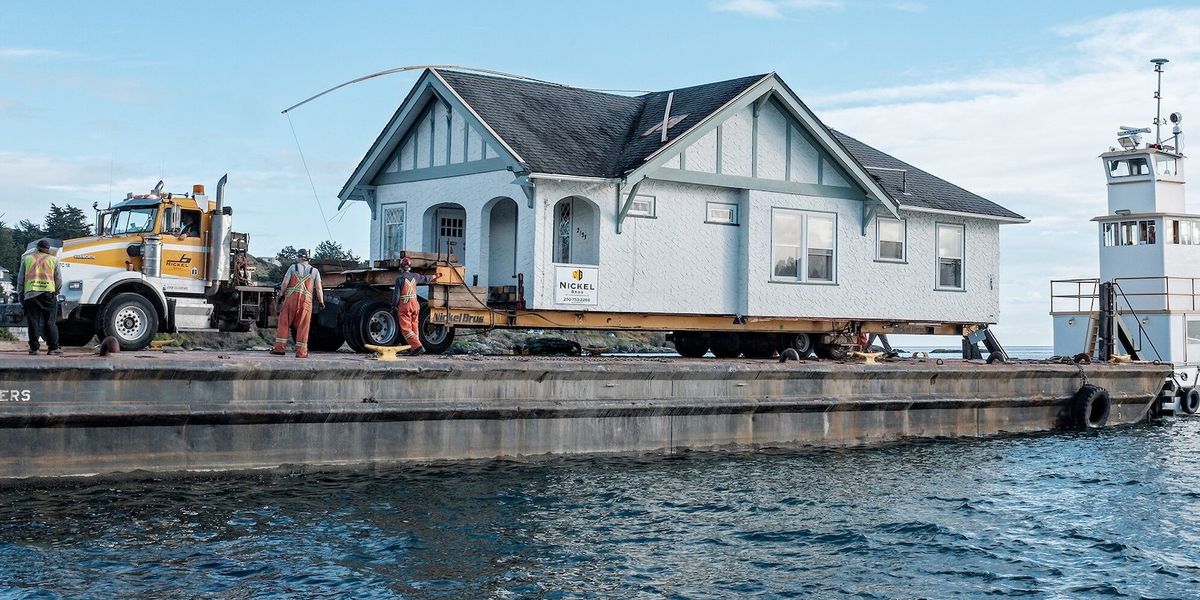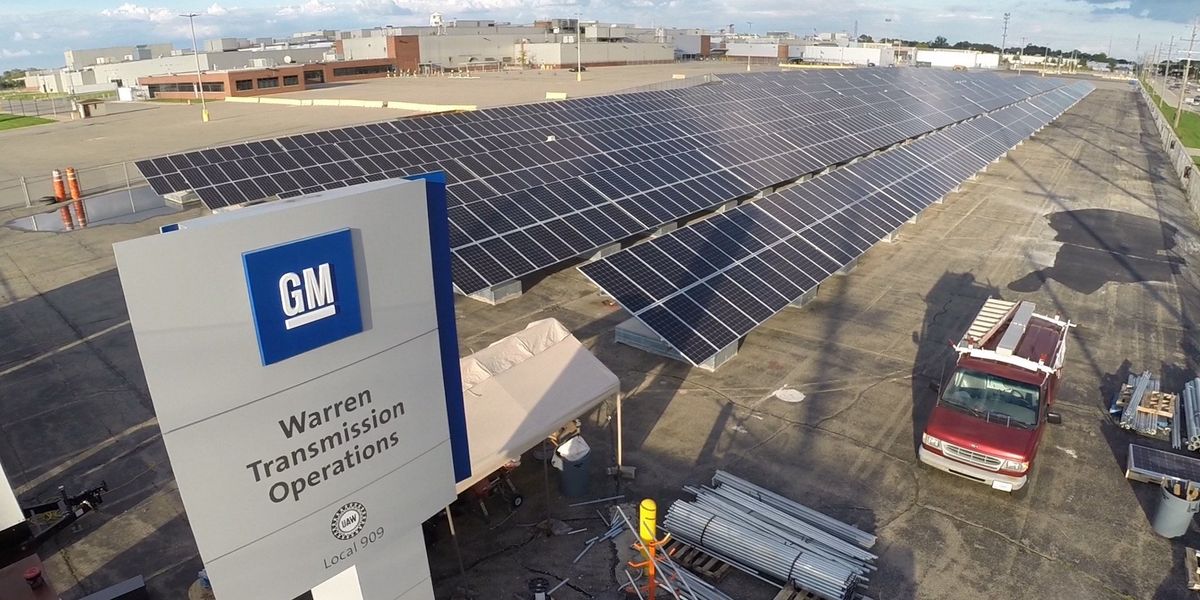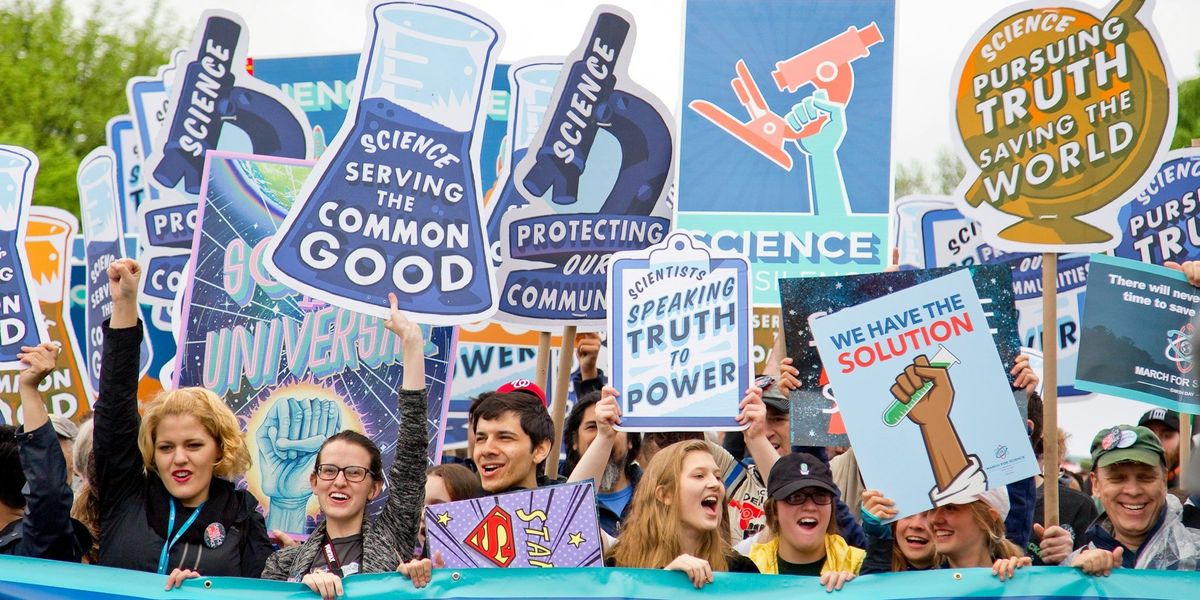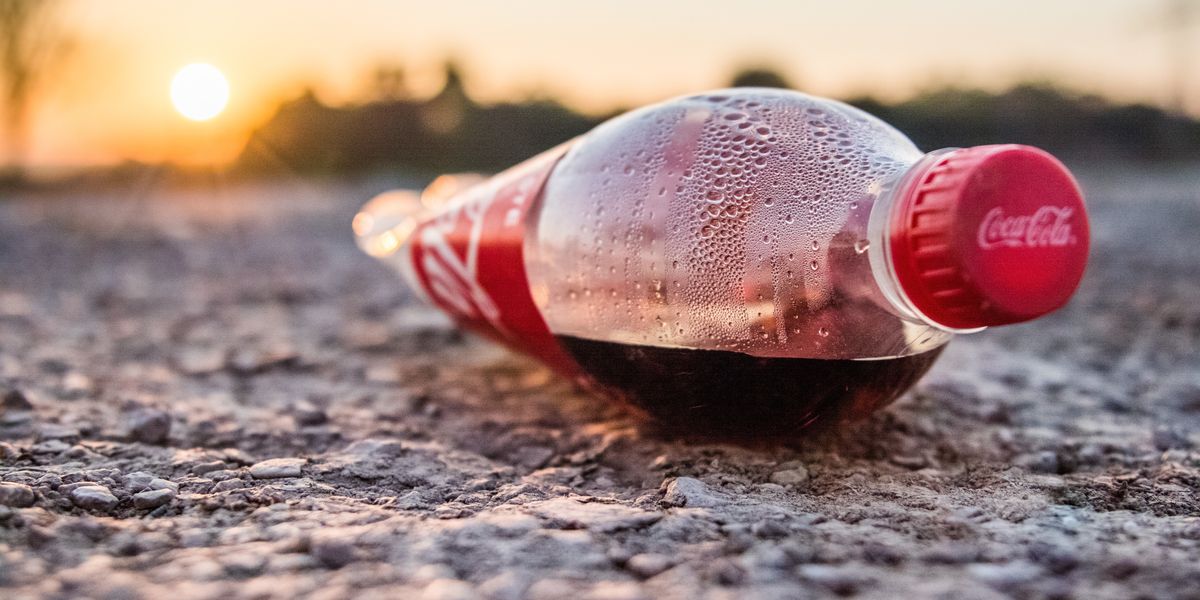
Financial fallout from coronavirus could devastate the fracking and plastics industries
"The likelihood of them being able to meet financial targets after this is quite small," says one financial analyst.
PITTSBURGH—As the U.S. braces for the social and financial impact of the novel coronavirus pandemic, some financial analysts predict that two markets will be among those hit hardest: Fracking and plastics manufacturing.
Ethanol, a byproduct of fracking, is needed to produce 99 percent of all plastics.
The fracking industry has already seen a massive downturn in recent years: The 30 biggest fracking companies lost a combined $50 billion between 2012 and 2017—a period when oil prices were much higher than they are now, before anyone had heard of coronavirus.
The process of extracting oil and natural gas from the Earth by drilling deep wells and injecting liquid at high pressure is expensive; many fracking companies go into a tremendous amount of debt. Due to oversupply and consistently low prices for natural gas over the last 10 years, many have yet to pay those debts back and become profitable.
"The industry had already been seeing negative cash flows and a huge debt overhang for quite a while, and we certainly don't see that changing after this current downturn in the market," Tom Sanzillo, director of finance for the Institute of Energy Economics and Financial Analysis (IEEFA) told EHN.
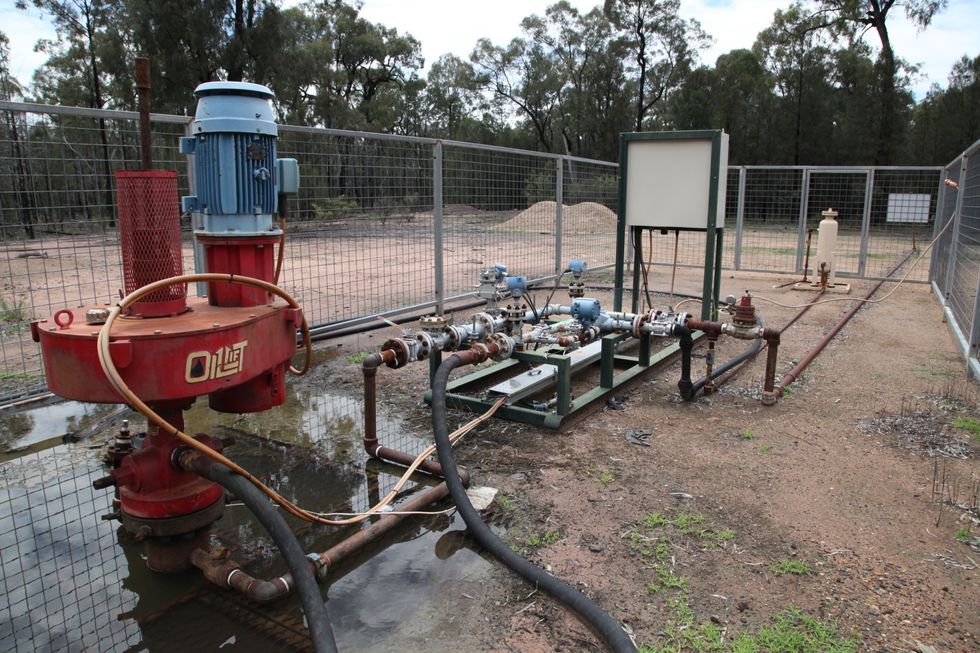
(Credit: Kate Ausburn/Flickr)
The global rate of confirmed coronavirus cases rose to more than 197,000 on Wednesday. The Dow Jones Industrial Average has erased the gains it had made since 2017, global oil prices have fallen by half since the start of the year, and some analysts predict that oil prices could drop below $20 a barrel in the coming weeks.
Natural gas prices rose slightly last week, but have since dipped back down. All of this is likely to have a ripple effect on the fracking industry, which is inextricably linked to the plastics manufacturing industry.
In an attempt to salvage the industry (prior to the arrival of coronavirus), companies like Shell, Appalachian Resins, Braskem America, Aither Chemicals, and PTT Global have initiated plans to open plastics manufacturing plants that would create new demand for ethane.
At least five new, massive plastics manufacturing facilities have been proposed throughout Appalachia along the Ohio River Basin in Pennsylvania, Ohio, and West Virginia. Each site is estimated to create demand for ethane from 1,000 new fracked wells each year.
The facility closest to completion is the Shell ethane cracker in Beaver County, Pennsylvania, 33 miles northwest of Pittsburgh. President Trump visited it for a campaign rally in the summer 2019, touting his record of oil- and gas-friendly policies.
The site has been in the news recently for refusing to shut down construction during the coronavirus pandemic, keeping some 6,000 workers coming in every day and requiring them to gather in close quarters for daily meetings—a practice Shell agreed to halt only after whistleblowers contacted local media outlets to report "unsanitary conditions."
Construction continues at the facility, but Sanzillo believes prospects for the plant and the local community look much different now than when the project launched in 2012.
"At that particular plant and any of the other proposed sites, I think it's very likely that when they do open for commercial operation, they'll be entering a distressed market," he said. "That means they'll probably have difficulty meeting their financial targets—even with the low price of natural gas—because the market for plastics is similarly problematic."
Seven or eight years ago when this project first got underway, Sanzillo explained, the price for the kind of plastics these facilities will produce was about $1 per pound. "Now they're about 40 cents or 60 cents per pound, so the likelihood of them being able to meet financial targets after this is quite small."
“Far less economic benefit to the community than initially predicted”
Environmental and community health advocates across Appalachia have fought development of the petrochemical facilities, citing their contribution to the global plastics crisis and impacts on human health and fears that the plants' toxic emissions will speed up climate change and could turn the region into another "Cancer Alley" like the petrochemical corridor in Louisiana, which has some of the highest cancer rates in the nation.
Opponents have also pointed out that fracking is linked to numerous human health impacts, many of which are already being felt in communities in the Marcellus Shale Play, the heavily fracked region spanning Western Pennsylvania, West Virginia, and New York.
The battle around the Shell Ethane Cracker in Beaver County has been especially arduous—Pittsburgh's mayor even joined the fray—in part because the Pittsburgh region already has some of the worst air pollution and highest risk of cancer caused by air pollution in the country.
Meanwhile, proponents cite the region's desperate need for jobs and economic investment, spurring ongoing battles over whether the industry is deserving of additional tax breaks from the state of Pennsylvania.
While much of the plastics manufacturing industry, like the fracking industry, was already facing an uphill battle to meet investment goals, Sanzillo said the damage to the market caused by coronavirus will make that even harder for the Pennsylvania Shell Ethane Cracker. Not meeting those goals probably wouldn't lead to an immediate closure of the plant, he added, but could change long-term prospects for the industry in the region.
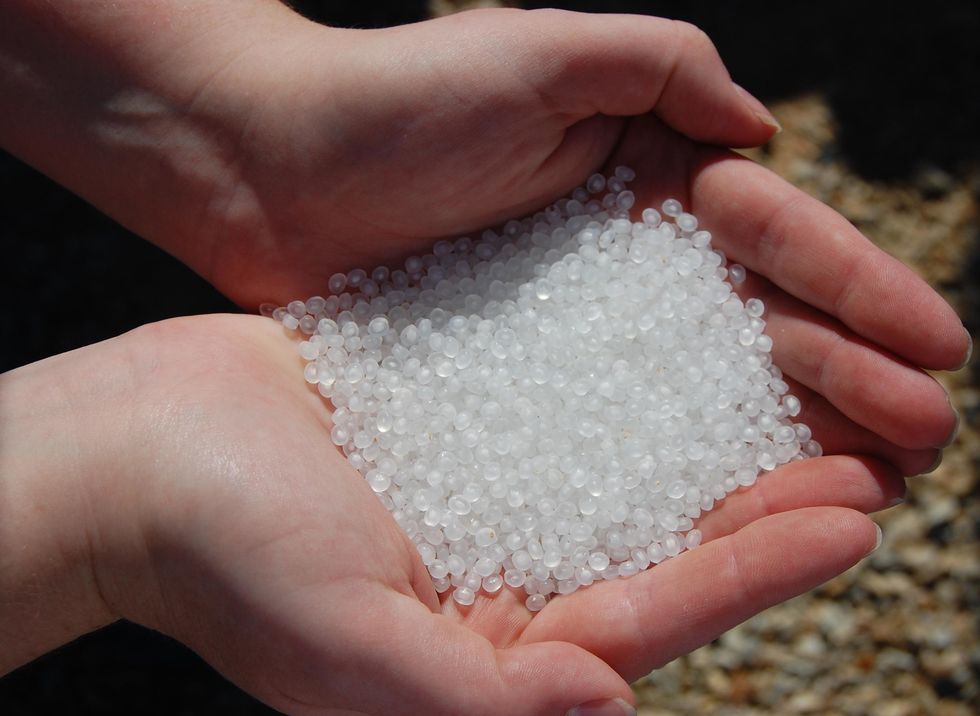
Plastic "nurdles" used to create plastic products. (Credit: gentlemanrook/Flickr)
"Will the facility be a cash engine for Shell?" he asked. "Probably not. Will they eke out a profit? Depends."
"We're now seeing a much, much, much more modest scenario than they've hoped for."
This shift will likely have a substantial impact on the local economy, said Kathy Hipple, a financial analyst at IEEFA. Hipple has spent years closely monitoring the oil and gas sector with a focus on the financial performance of natural gas extraction in the Marcellus Shale Play.
"It's likely there will be far less economic benefit to the community than initially predicted," Hipple told EHN. "There will likely be fewer longterm jobs than initially predicted, and the idea of 'spinoff businesses' popping up around the hub of the plant that was also predicted is now unlikely to happen."
While some 6,000 workers are involved in construction of the plant, just 600 permanent jobs are expected to be created at the plant, and residents have previously expressed concern that many of those jobs might not go to locals.
More efficiency, more loss
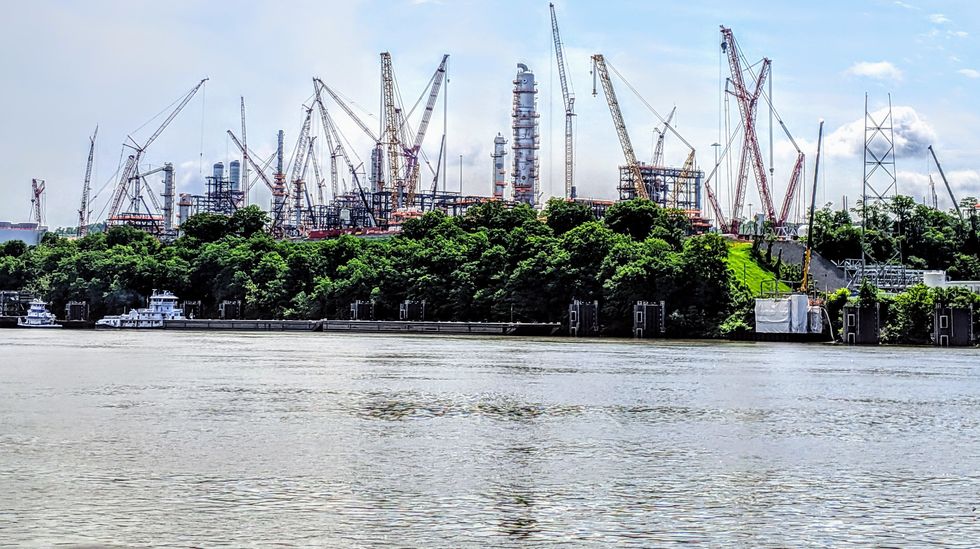
Site of the Shell Ethane Cracker/Credit: Kristina Marusic for EHN
Some analysts have recently speculated that if companies drilling in places like Texas and North Dakota stop drilling for oil due to the current glut, their natural gas output will fall, too, which could actually increase demand from the Marcellus. Sanzillo and Hipple said that scenario isn't impossible, but is unlikely to make much of a difference in the long run.
"It will be worth watching, but it's way too early to be speculating about that," Hipple said. "And regardless, the business case for fracking has never actually been proven. The industry has never been more efficient than they are right now at extracting natural gas, but the more efficient they've become, the more money they've lost. Cash flows have been negative for a decade, and we see no sign of that changing after this."
Asked how many jobs this crisis could impact, Hipple said they didn't have specific numbers, but that there could be additional large-scale layoffs and closures, which the industry was already seeing before the current price drop. But she also noted that the jobs attributed to the industry in Pennsylvania and other states heavily reliant on the industry "often turn out to be exaggerated once you actually parse the numbers."
As much as this is a bad time for the fracking and plastics industries and could imperil people's jobs, Hipple and Sanzillo both emphasized that there are much bigger things at stake.
"We look at markets and market fundamentals," Sanzillo said, "but the biggest problem of the coronavirus is people being sick and dying. If you can't solve a public health problem that has become an economic problem, you've got a lot more to worry about than just plastics."

